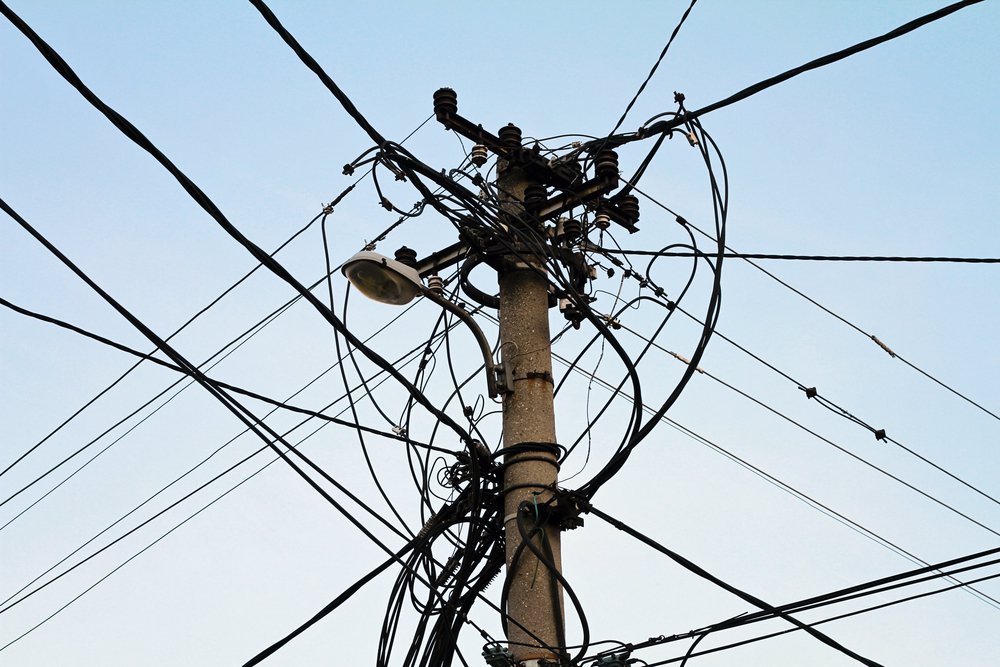
Bitcoin's price-for-money by Christopher Malmo, writing in Motherboard, that questions the environmental impact of bitcoin mining.
According to a cryptocurrency index from Alex de Vries, also known as Digiconomist, bitcoin miners can consume more than 24 terawatt hours of electricity per year in producing bitcoin. The amount of electricity consumed in bitcoin mining is comparable to the amount used in Nigeria, a nation of 186 residents, in one year.
Miners use approximately 215 kilowatt hours (KWH) of electricity per day, which represents 300,000 transactions. The average U.S. household, by contrast, consumes 901 KWh per month. Each bitcoin transaction consumes enough power to operate a home and everything in it for one week.
Bitcoin miners can use enough power to run about 2.26 million American homes at any given time.
The verification of 300,000 transactions per day represents the value of the energy consumption.
An Expensive Currency
Bitcoin's power consumption is high compared to conventional digital transactions. Bitcoin's dollar Price is directly proportional to the amount of electricity that is used to mine bitcoin.
The minimum amount of energy bitcoin can use can be determined, assuming all miners are using the most efficient hardware. The electricity used in bitcoin mining could support the daily needs of 821,940 U.S. homes.
Global bitcoin mining represents a minimum 77 KWh of power per bitcoin transaction.
Energy Use Comparisons
Teunis Brosens of ING noted daily bitoin use is enough to support his home in the Netherlands for two weeks. Digiconomist estimates the per transaction energy cost at 215 KWh of power, which is more than enough to run an efficient refrigerator / freezer for a full year, can fill two Tesla batteries, or boil 1,872 liters of water in a kettle.
The de Vries model assumes miner incentives at certain price levels and offers a prediction for future mining electricity consumption.
An Environmental Problem?
Nevertheless, a minimum level of 77 KWh per transaction presents a problem. A 215 KWh level presents a bigger one, in terms of carbon emissions.
Data available on a coal powered bitcoin mine in Mongolia indicates the mine is responsible for 8,000 to 13,000 kg of carbon dioxide emissions per bitcoin, and 24,000 to 40,000 kg per hour. Tweeter Matthias Bartosik noted similar estimates: the average European car emits 0.1191 kg of carbon dioxide per kilometer driven. For every hour, the bitcoin mine emits at least the carbon dioxide equivalent of more than 203,000 car kilometers traveled.
Bitcoin, to achieve a trustworthy, decentralized payment system, require some expensive inefficiencies such as excessive power consumption and low transaction capacity.
More Efficient Transactions Needed
Proposed protocol upgrades like SegWit2x promise to improve the number of transactions. But considering bitcoin is a less efficient than a credit card network on a per transaction basis, bitcoin will need to become thousands of times more efficient.
Malmo asks if bitcoin transactions must bypass trusted third parties as bit of a decentralized network.
bitcointalk username:Gambangcity
ETH:0xbd4e6B6E19c55D117badfa5C218Ae03263df6072
Komenta


Tidak ada komentar:
Posting Komentar